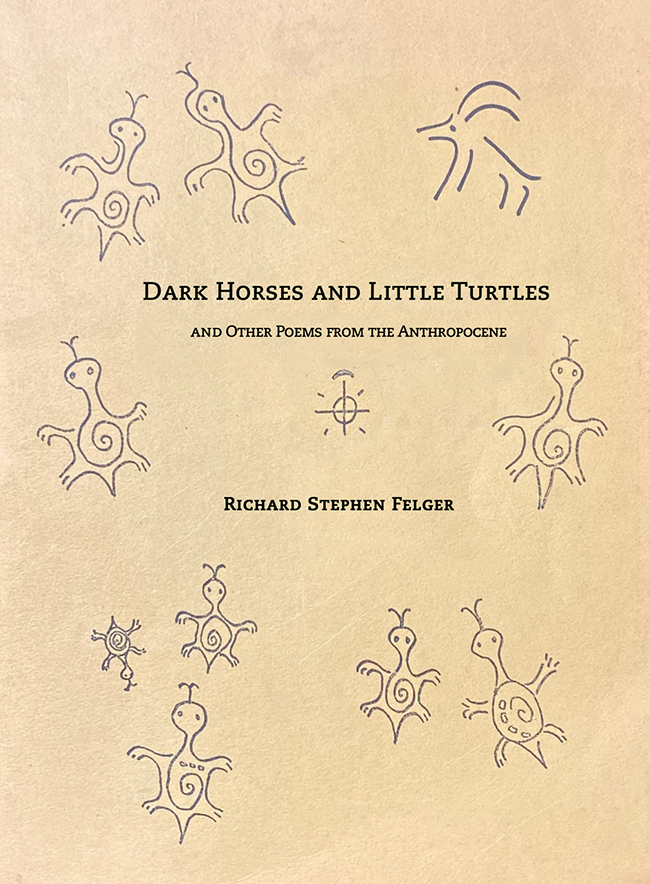Boom, Bust, Boom: A Story About Copper, the Metal that Runs the World
 Boom, Bust, Boom: A Story About Copper, the Metal that Runs the World, by Bill Carter
Boom, Bust, Boom: A Story About Copper, the Metal that Runs the World, by Bill Carter
Scribner Books
Bill Carter’s third book, Boom, Bust, Boom: A Story About Copper, the Metal that Runs the World, does indeed tell a story, one that is so squarely in front of our collective faces and yet so hidden from view that the fact that’s it’s never really been told is simultaneously bewildering and perfectly understandable. Like copper, it’s a conundrum and a paradox: and that, in and of itself, is one of the central themes of this provocative, maddening and moving book.
Copper is ubiquitous: it is, seemingly, in everything; cell phones, computers, wiring, innumerable household and construction items, virtually all motorized vehicles, on and on. Try going a day without using or encountering copper: try going an hour. Good luck with that. Copper is everywhere in the modern world, but, with a few exceptions, largely unseen. Furthermore, who really thinks about it, especially where it comes from and what has to happen for it to be turned into a useful commodity? Fortunately for us, Bill Carter got interested.
Bill Carter is uniquely suited for this task. A current resident of Flagstaff, a former Tucsonan and longtime resident of Bisbee, Carter is the author of two previous, equally wonderful books, Red Summer (about salmon fishing in Alaska) and the remarkable Fools Rush In, about his time spent in Sarajevo during it’s siege in the Bosnian war of the 1990s. In all of his books, he has shown an unerring gift for blending the personal with the universal, and using his own personal experiences as a jumping off point into much larger stories with larger import.
Boom, Bust, Boom is perfect Carter material. Like I said, he was a longtime resident of Bisbee: a town built into existence because of its copper mine, at one point one of the biggest in the U.S. Carter uses his own experiences as a parent and a resident having to face the forces that mining has unleashed in the town—and the possible reopening of the mine—as an entry way into the tangle of complexities that the mining and use of copper unleashes.
What he uncovers is remarkable, fascinating, maddening and full of dire warnings for our collective future. The short story is that we need and rely on copper to live in the modern world, but the extraction of copper ore from the earth, the refining of it and the appalling waste that it leaves behind is one of the most grievous injuries that mankind has inflicted on the earth. Carter walks us through not only the extraction and production of it, but the buying and selling of it, the stockpiling of it, the geopolitical significance of it and how it, literally, wires the world together.
Herein lies the unavoidable, seemingly insurmountable crux of the copper “issue;” we apparently can’t live without it in the modern world, but we are hastening our end to get it. Unless we are prepared to return to some sort of hunter/gatherer and subsistence farming form of civilization—not terribly realistic, as there’s not much left to hunt or gather—until someone comes up with a better way of running computers and cars, we’re stuck with the stuff.
Along his journey Carter interviews numerous apologists and functionaries working in the mining business, and his encounters with them provide many of the most memorable and revealing aspects of his story. For the most part they are polite and helpful in their own way, as long as they can control the narrative; but when pushed on issues they also push back or just check out. Carter has a truly advanced gift for cutting through all of the benign bullshit that is tossed his (and our way) about “safe mining” and “low impact on the environment” rhetoric. He listens, reasons his way through it, then time and again puts their arguments to a reality-based test. They loose, of course: mining is inherently destructive, from a world impact point of view.
But we all really lose, as we also win the right to live in the modern world, a dilemma that Bill Carter paints with tremendous empathy in Boom, Bust, Boom.
Category: Books




